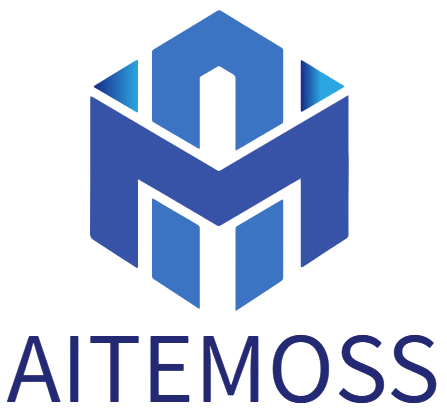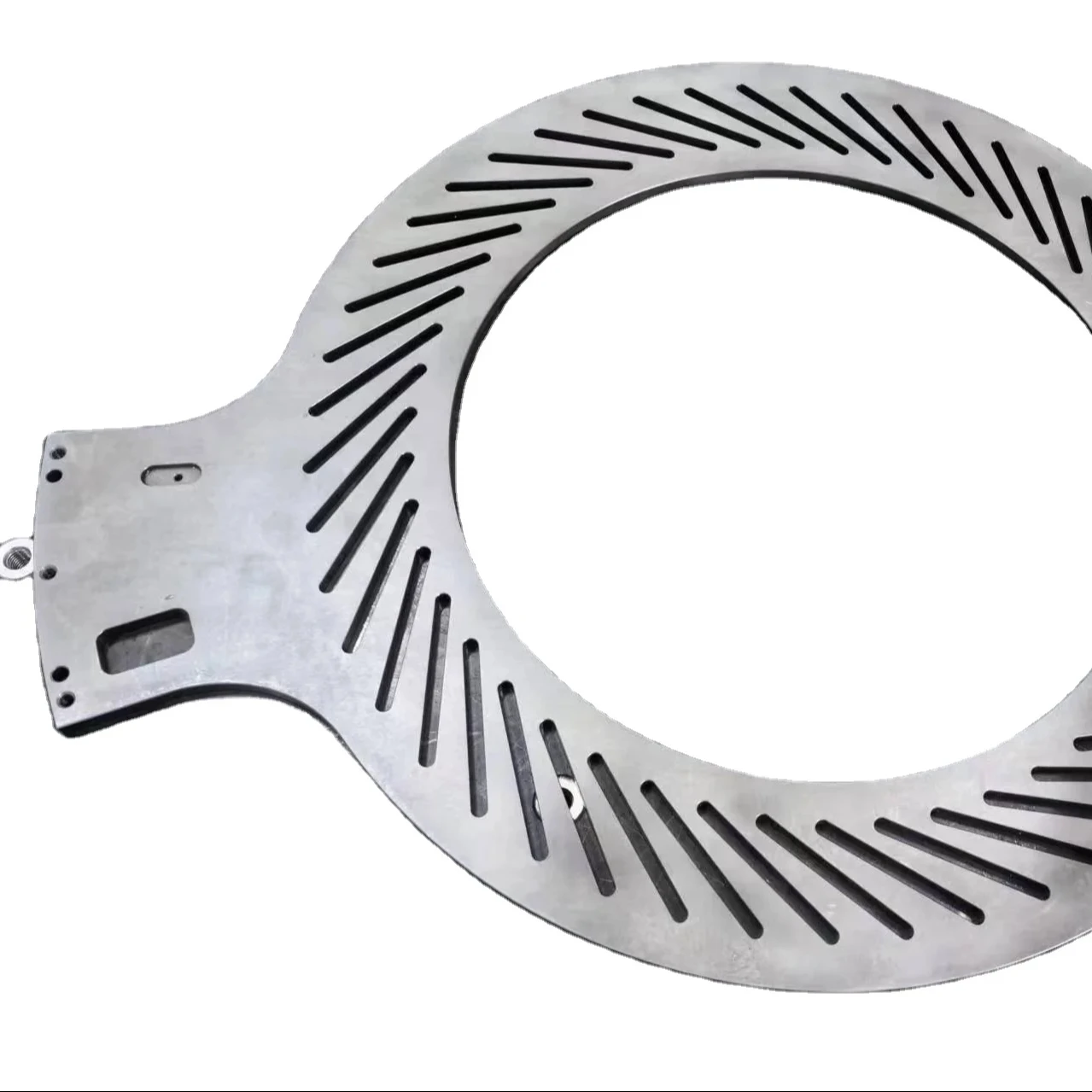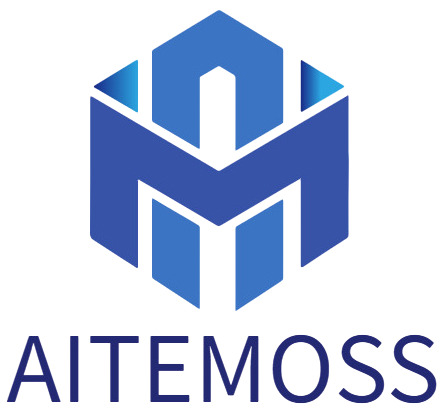Sheet metal parts have always played a crucial role in various industries like Aerospace, Automotive, Consumer electronics and Architecture. The methods for producing these parts have changed with technological advancements that time, A major contributing factor to this evolution is Computer Numerical Control (CNC) technology, impacting the scene of manufacturing in a substantial way. To learn more about the advancements of sheet metal part manufacturing since you discovered how leaves on a tree could provide inspiration, find out in this deep dive into production technologies that are made possible with CNC technology and new possibilities for design complexity, mass customization, environmental sustainability now being unlocked.
How CNC Technology Plays a Big Role In The Superiorly of Sheet Metal Part Manufacturing
The basis for this revolution in manufacturing centers around the use of CNC technology which leverages computerized systems to control precision machine tools. CNC machines are different from traditional machining methods, which heavily rely on human operation: they can perform more precise cutting processes with micron level accuracy and bending/punching. This progress extends to product consistency as well, reducing defects and waste while increasing production speed. Additionally, the productivity of CNC machines that can work operationally non-stop without any fatigue is a significant boost to fabricating sheet metal which makes them one of the pillars in today's production scene.
Tracking the Evolution of Sheet Metal Fabrication
CNC technology revolutionized sheetmetal fabrication and moved the industry from labor-intensive, low-volume manufacturing to cost-effective high volume production. In practice this could be done fairly quickly with minimal setup, and early adopters of CNC machine tools saw a significant decrease in lead times as well as tooling costs since the turn around time for new profiles was dramatically reduced. This flexibility enabled producers to take on more diverse projects and in turn increased innovation amongst them, making the industry even more international.
How to Streamline Mass Customization of Sheet Metal Parts
Mass customization is a huge way in which CNC technology has changed the manufacturing world. Since CNC machines are programmable, they can quickly switch to different specifications making it far easier for mass production of customized sheet metal parts with little hassle. Something which is highly relevant in today's market, as more and more customers look to create bespoke products but still demand these items be delivered quickly and cost effectively. The designers with the help of CAD/CAM software can translate complex designs to machine instructions, which is expected to mould a new era for customised solution in numerous applications.
How CNC Automation Makes Complex Sheet Metal Designs, and Prototypes Easy
The advent and advancement of CNC technology has opened doors to advanced manufacturing like never before, especially when it comes to producing sheet metal designs that are too complex for nearly anyone else. Complex geometries, ergonomic design and high-shape thin-walled components are all no longer real performance 3d machining technology barriers because elaborate part's production is now easier due to CNC machines. This has transformed the process of prototyping and accelerated product development by making it possible to iterate quickly. Designers can now feel empowered to take greater risks, as ideas are easily transformed into physical prototypes and enabling a culture of evolutionary learning.
Enhancements in Sheet Metal Fabrication By CNC Sustainable
As environmental consciousness remains a significant consideration in modern times, CNC technology has helped move sheet metal fabrication into environmentally friendly realms as well. A huge bonus to using CNC machines is the accuracy which reduces material waste with optimal cutting patterns and nesting strategies, that essentially uses every scrap of raw materials you throw at it. Add to that the efficiency of a CNC operation (far better than conventional methods), and your energy expenditure per unit produced is greatly lessened. Sustainability is now a consideration in manufacturing and it needs CNC technology to modernize the sheet metal industry for green requirements around the world.
In Conclusion
The development of sheet metal part production with CNC machining is a significant milestone in manufacturing advancements. It has reshaped the field by improving precision, increasing productivity, allowing for mass customization and complex design at a reasonable cost to encourage sustainable manufacturing processes. With advancements in CNC technology, there are limitless capabilities to come that will bring innovation and excellence within sheet metal fabrication for the years ahead.

 EN
EN
 AR
AR
 BG
BG
 HR
HR
 CS
CS
 DA
DA
 NL
NL
 FI
FI
 FR
FR
 DE
DE
 EL
EL
 HI
HI
 IT
IT
 JA
JA
 KO
KO
 NO
NO
 PL
PL
 PT
PT
 RO
RO
 RU
RU
 ES
ES
 CA
CA
 TL
TL
 ID
ID
 LT
LT
 UK
UK
 VI
VI
 SQ
SQ
 HU
HU
 MT
MT
 TH
TH
 TR
TR
 MS
MS
 GA
GA
 CY
CY
 IS
IS
 BN
BN
 MN
MN
 MY
MY
 UZ
UZ

